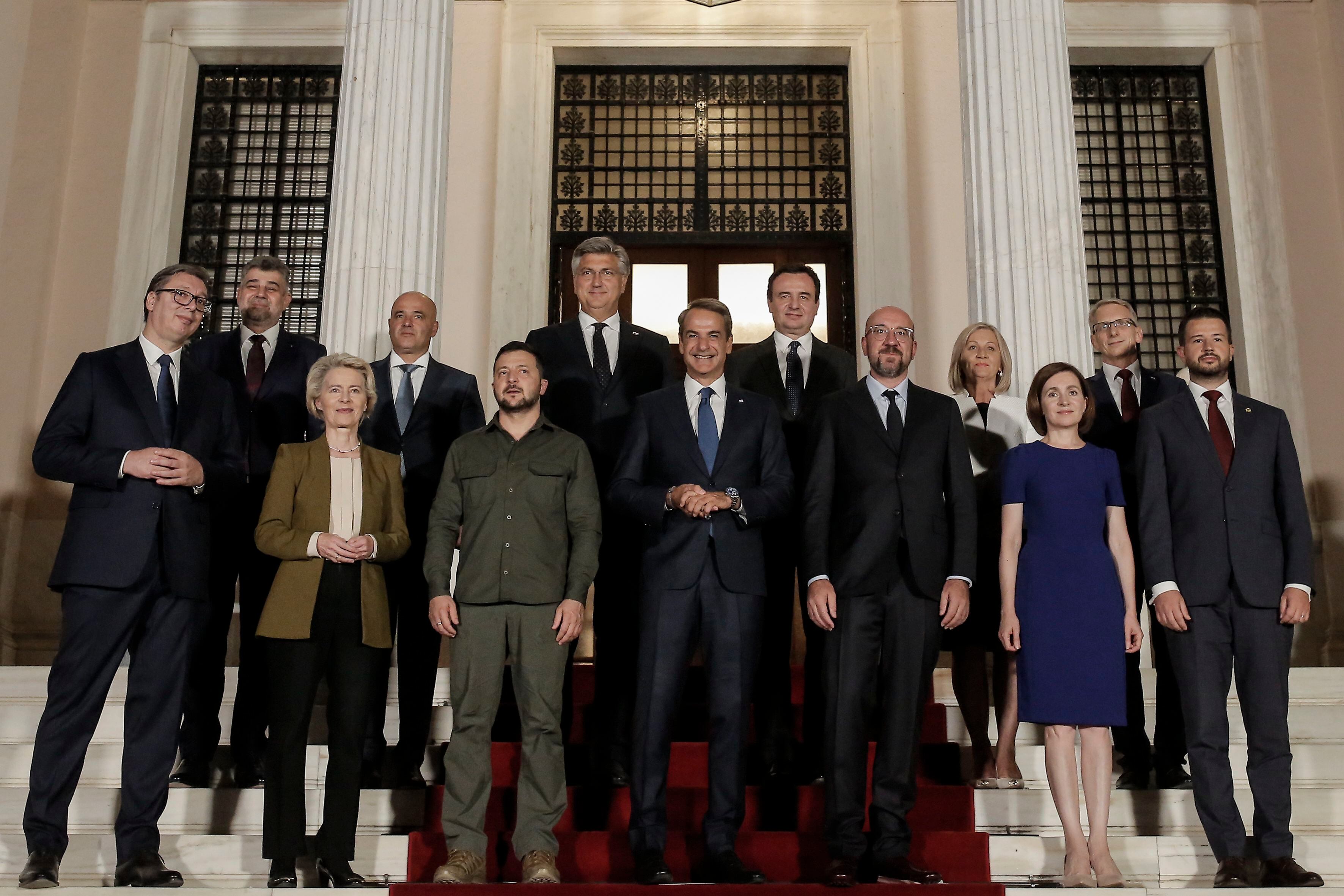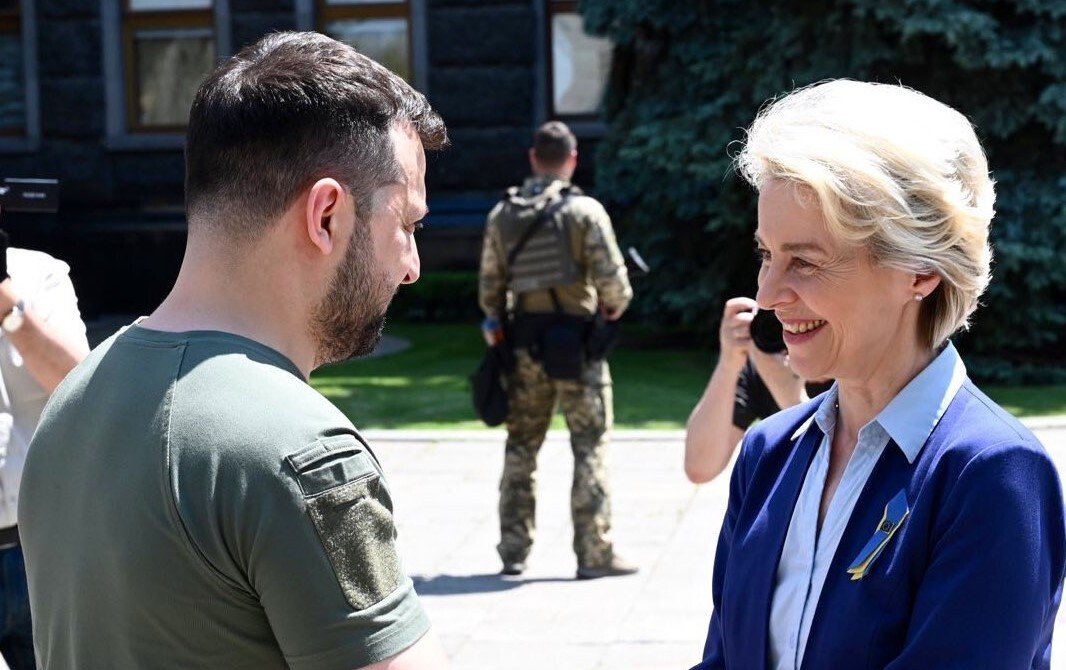The President of the European Commission, Ursula von der Leyen, met this Tuesday in Athens with the Ukrainian President, Volodimir Zelensky, to discuss Ukraine’s progress in joining the European Union (EU) and efforts to facilitate its exit. cereal after Russia ended the agreement to export it through the Black Sea.
“A productive meeting with Volodimir Zelensky. We address Ukraine’s progress on the road to the EU as well as our continued support in the face of Russia’s aggression,” Von der Leyen said in a message on the X social network (formerly Twitter).
The community president also assured that they will continue ” to work together to bring Ukraine’s grain to world markets and to provide economic assistance.”
For his part, Zelensky pointed out in the same social network that he thanked European politics for its “efforts to normalize agricultural exports and transit from Ukraine”, and pointed out the importance of them being “fully” restored as of next September 15.
In addition, he trusted that the Commission will make “a positive assessment of Ukraine’s progress in the October enlargement package” and a “consequent” decision of the members of the Union.
Von der Leyen and Zelensky are in Athens, where last night they participated in an informal dinner organized by the Greek Prime Minister, Kyriacos Mitsotakis, with the leaders of the Western Balkan countries and other leaders of the region.
The European Commission will release its report on the progress of all candidate countries for EU membership, including Ukraine, in October.
After the withdrawal of Russia from the agreement to allow the transit through the Black Sea of ships that export Ukrainian cereal, the EU has declared that it is going to overturn so that the grain can find an outlet to the world through its territory.
The EU already has the “solidarity lanes” initiative underway, through which it is facilitating the transport of grain from Ukraine by land.
Many countries in Africa and the Middle East have a special dependence on grain from Ukraine, and Brussels has warned that Russia’s withdrawal from the cereal agreement could result in famine in those areas.





